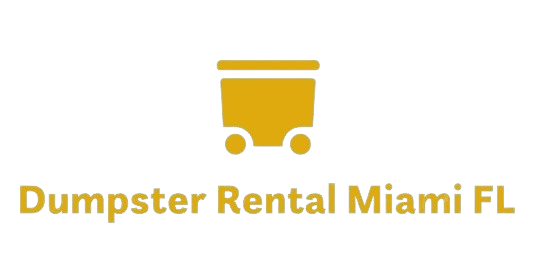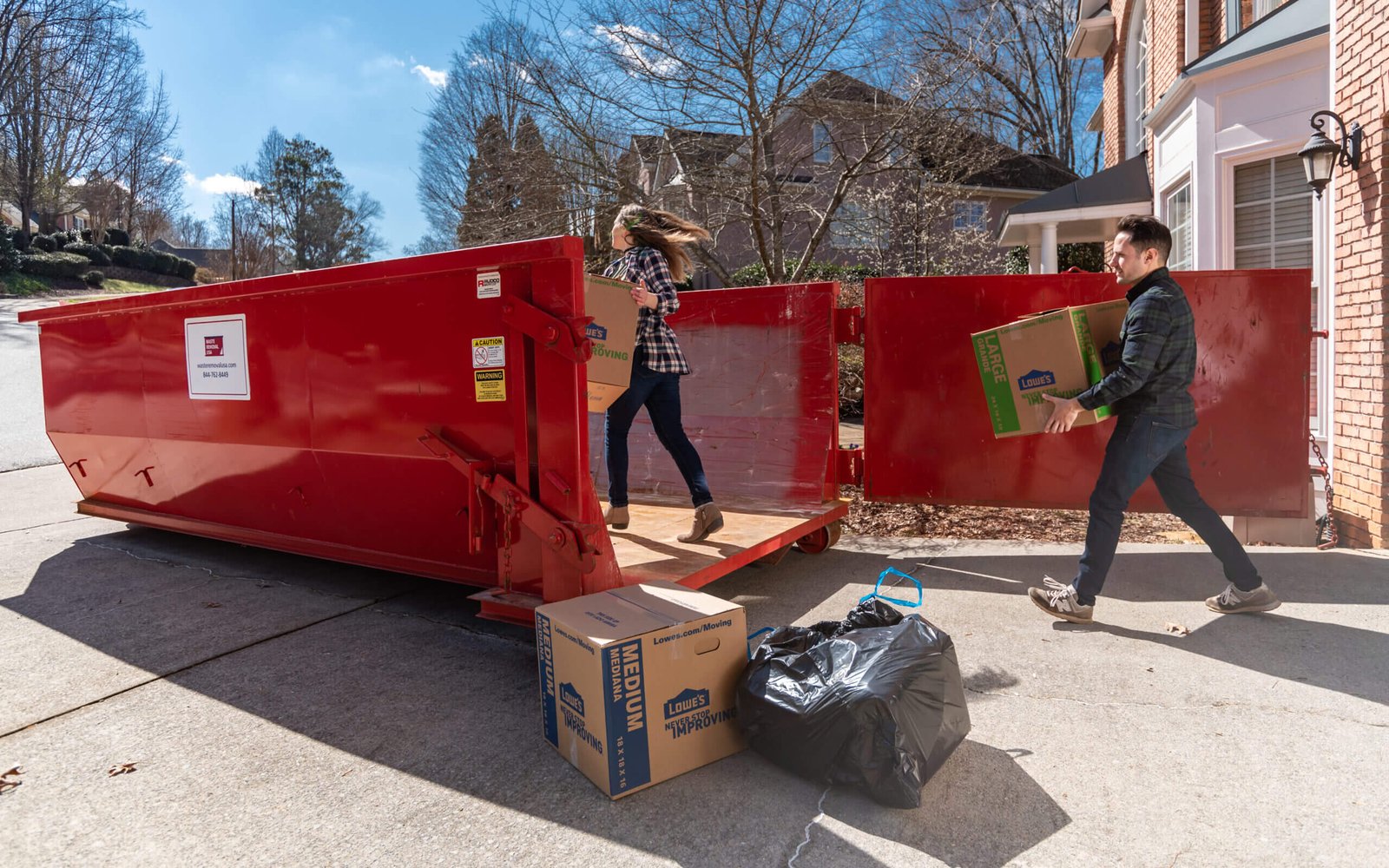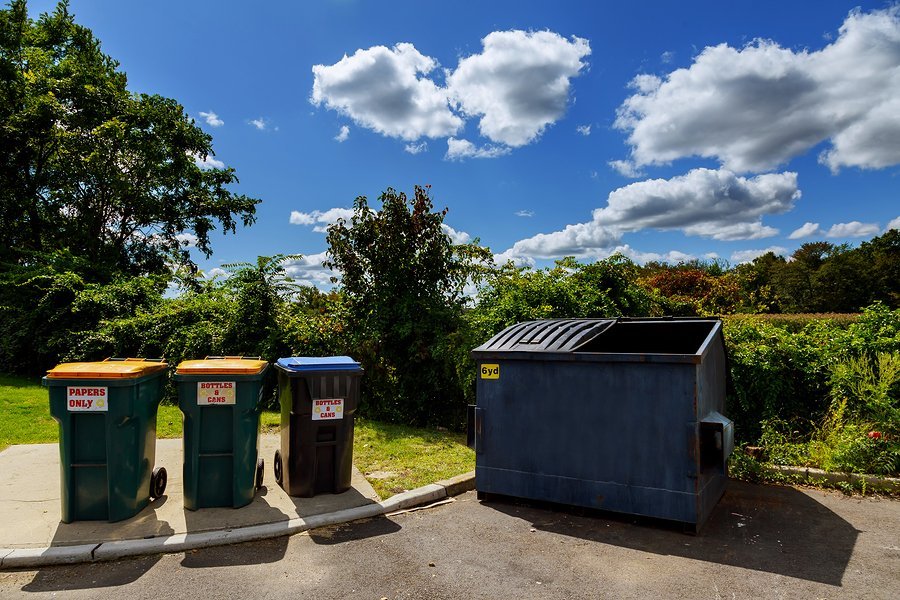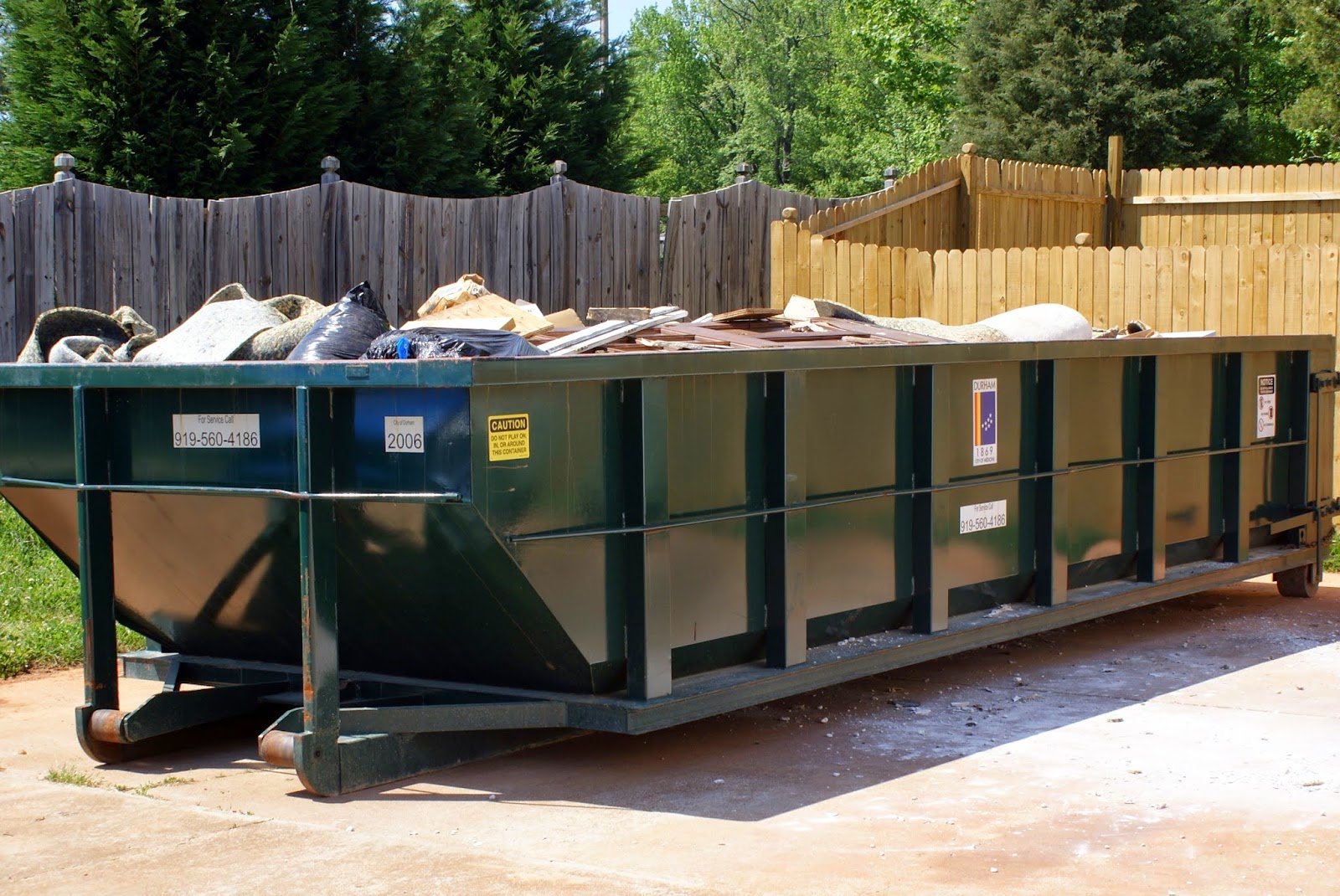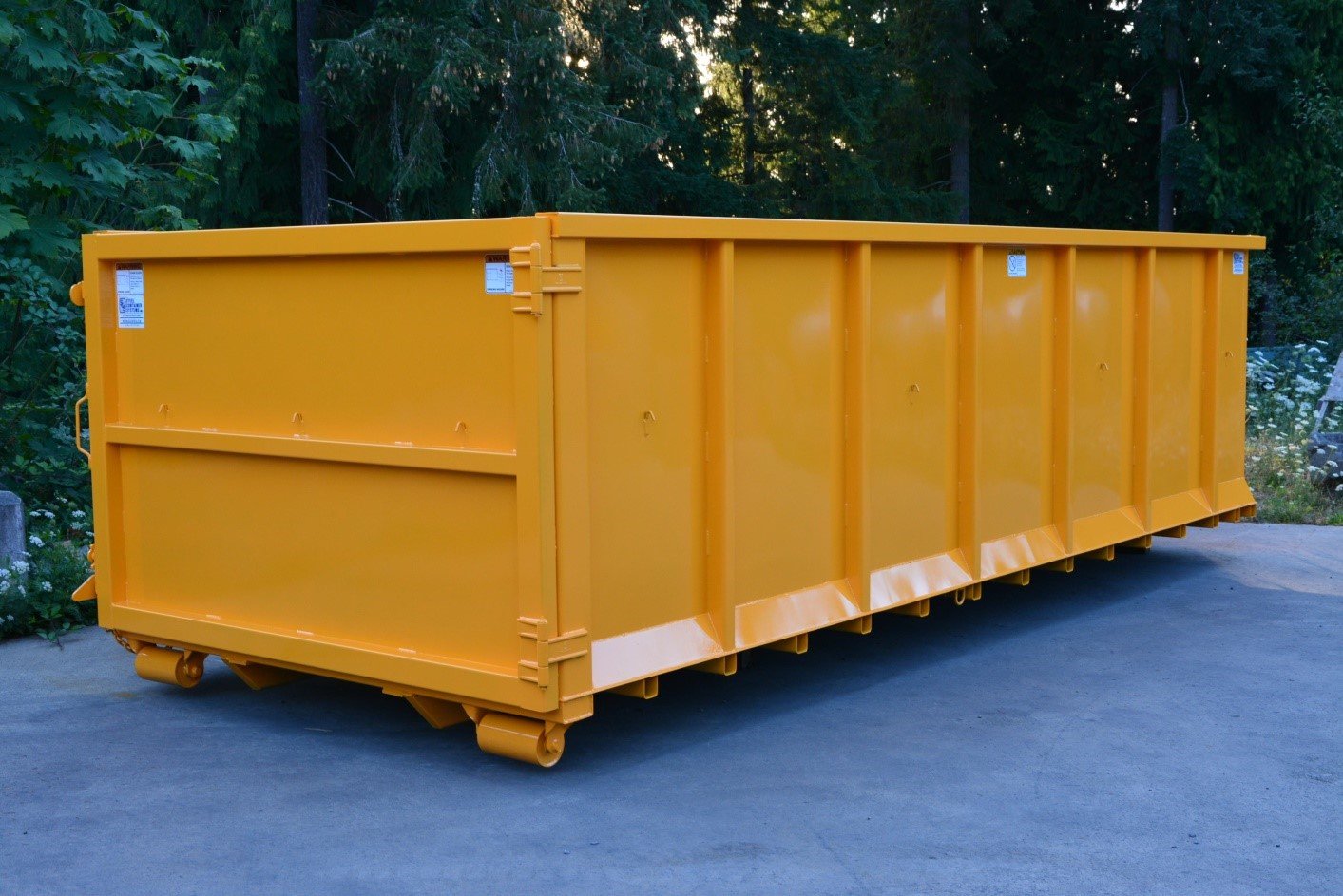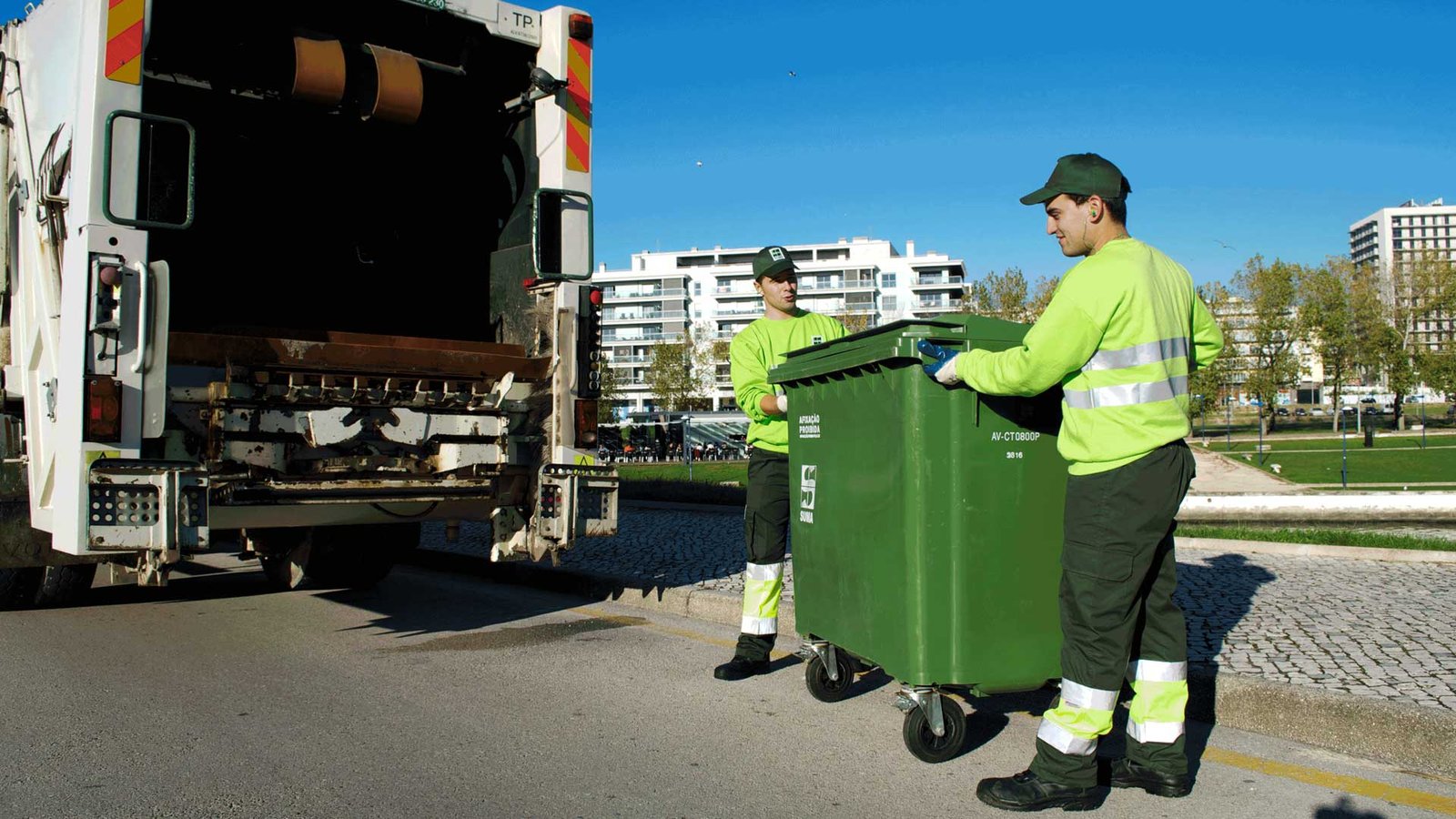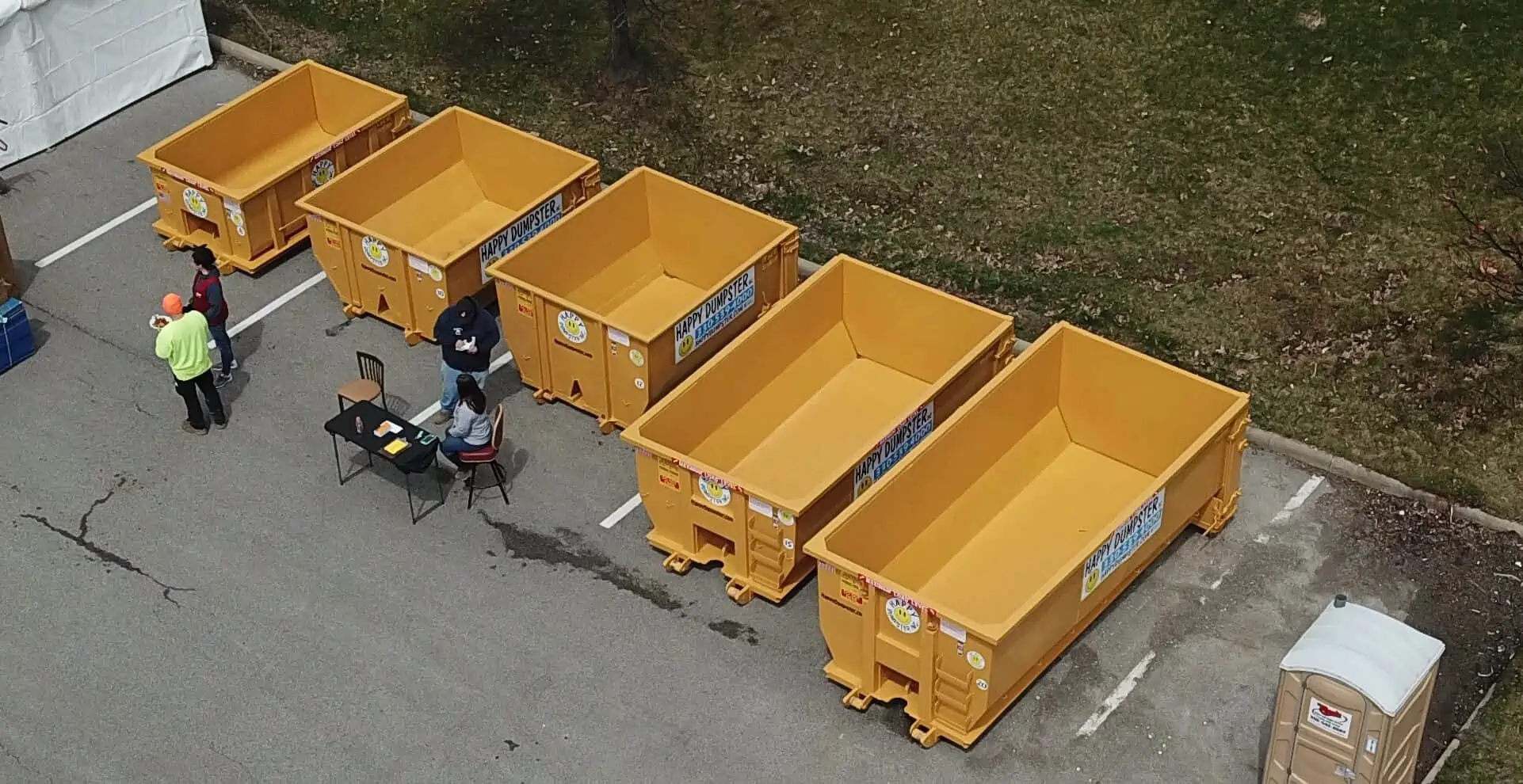The process of dumpster rental in Miami, FL involves navigating a complex web of permits and regulations. Whether it is for a construction project, home renovation, or simply cleaning out clutter, obtaining the necessary permits and adhering to local regulations is crucial. For instance, consider a hypothetical scenario where an individual intends to renovate their property in Miami by renting a dumpster. They must first be aware of the specific permit requirements and regulations imposed by the city authorities.
Acquiring the appropriate permits is not only essential for compliance with legal obligations but also ensures that the dumpster rental process proceeds smoothly without any unexpected disruptions or penalties. Failure to obtain the required permits can result in fines and delays, significantly affecting both timelines and budgets. Furthermore, adherence to local regulations regarding placement, size restrictions, duration limits, and waste disposal guidelines is paramount to maintaining public safety and environmental standards.
In this article, we will explore the various permits and regulations associated with dumpster rental in Miami, FL. By understanding these intricacies upfront, individuals seeking such services can navigate through the bureaucratic maze efficiently while avoiding unnecessary complications throughout their project. Additionally, we will discuss some common challenges faced during the permitting process and provide practical advice on how to overcome them effectively.
Types of Permits Required for Dumpster Rental in Miami FL
When renting a dumpster in Miami, Florida, it is important to be aware of the various permits and regulations that must be followed. Failure to comply with these requirements can result in fines or other penalties. Understanding the types of permits needed will ensure a smooth rental process.
One example where permits are necessary is when planning a home renovation project that generates a significant amount of waste. Let’s imagine Mr. Smith decides to remodel his kitchen and hires a contractor to handle the construction work. As part of the project, a large dumpster will be required to dispose of debris and materials properly. In this case, obtaining the appropriate permit from the city would be essential.
To give you an overview, here are some key points regarding permits for dumpster rentals in Miami:
- Building Permit: This permit is typically required for larger projects involving renovations or new construction. It ensures compliance with building codes and safety standards.
- Right-of-Way Permit: If your dumpster needs to be placed on public property such as sidewalks or streets, this permit grants permission for temporary use of those areas.
- Hauler License: The company providing the dumpster rental should possess a valid hauler license issued by the county or city authorities.
- Zoning Approval: Depending on your location within Miami, there may be specific zoning regulations dictating where dumpsters can be placed on private property.
To gain further insight into these requirements and their associated costs, take a look at the following table:
| Permit Type | Purpose | Cost |
|---|---|---|
| Building | Ensures compliance with building codes | $100 – $500 |
| Right-of-Way | Grants permission for temporary placement on public property | $50 – $200 |
| Hauler License | Allows company to provide dumpster rental services | Varies |
| Zoning Approval | Dictates where dumpsters can be placed on private property | $50 – $100 |
In conclusion, obtaining the necessary permits is a crucial step when renting a dumpster in Miami. Failure to do so may result in legal consequences and unnecessary delays. Now that we have covered the types of permits required, let’s move on to understanding the size restrictions for dumpsters in Miami FL.
Size Restrictions for Dumpsters in Miami FL
Having discussed the various permits required for dumpster rental in Miami, it is crucial to understand the size restrictions imposed by local regulations. These guidelines ensure that dumpsters are appropriately sized, preventing any potential hazards or inconveniences. By adhering to these requirements, you can ensure a smooth and efficient waste management process.
Size Restrictions for Dumpsters in Miami FL:
To illustrate the importance of complying with size restrictions, consider this hypothetical scenario: A construction company rents a large 40-yard roll-off dumpster without obtaining the necessary permit or considering size limitations. As a result, they find themselves unable to place the oversized container at their desired location due to tight space constraints within the property. This situation not only causes delays but also incurs additional costs as an alternative solution must be sought promptly.
Understanding the significance of proper sizing when renting a dumpster can help prevent such complications. To shed light on this matter further, here are some key considerations regarding size restrictions:
- Local ordinances typically impose limits on both length and height dimensions of dumpsters.
- The maximum allowable weight capacity may vary depending on the type of waste being disposed of (e.g., household debris versus construction materials).
- It is essential to verify if any special permits or exemptions exist for larger containers needed for specific projects.
- Some residential areas may have stricter regulations compared to commercial zones, so it is important to familiarize yourself with your specific location’s guidelines.
Consider these implications if you disregard size restrictions:
- Increased risk of accidents during delivery or removal due to inadequate maneuverability.
- Potential damage to surrounding structures or landscapes caused by oversized containers.
- Inconvenience and frustration resulting from delayed waste collection services.
- Possible fines or penalties imposed by local authorities for non-compliance.
Emotional table:
| Size Restrictions | Maximum Dimensions (Length x Height) | Maximum Weight Capacity |
|---|---|---|
| Residential Zone | 8 feet x 4 feet | 2 tons |
| Commercial Zone | 20 feet x 6 feet | 5 tons |
| Construction Site | No restrictions | Varies according to project requirements |
| Special Projects* | Subject to approval and special permits |
In summary, adhering to size restrictions is crucial when renting a dumpster in Miami. By understanding the limitations set forth by local regulations, you can avoid potential complications, delays, and additional costs. However, it’s not just about following rules; it also ensures safety and convenience throughout your waste management process.
Transition into subsequent section – Placement Regulations for Dumpsters in Miami FL:
Now that we have explored the importance of size restrictions, let us delve into the regulations governing the proper placement of dumpsters within Miami. These guidelines aim to maintain orderliness while ensuring efficient waste disposal practices.
Placement Regulations for Dumpsters in Miami FL
Having discussed the size restrictions that apply to dumpsters in Miami, it is equally important to understand the permits and regulations governing their rental. Familiarizing oneself with these requirements ensures a smooth process when renting a dumpster and helps avoid any potential legal complications. Let us consider an example scenario to illustrate the significance of adhering to such regulations.
Example Scenario:
Imagine a homeowner, Mr. Johnson, who recently undertook a renovation project on his property in Miami. He rented a 20-yard dumpster from a local waste management company without obtaining the necessary permits or following proper placement guidelines. As a result, he faced fines and penalties from the city authorities.
To prevent similar situations, here are some key permit and regulation considerations when renting dumpsters in Miami:
- Permit Requirements:
- Obtain all required permits before placing a dumpster on public property.
- Often, homeowners can obtain temporary permits through their waste management provider.
- Failure to secure the appropriate permits may lead to fines or removal of the dumpster.
- Zoning Laws:
- Ensure compliance with zoning laws regarding dumpster placement.
- Some neighborhoods or areas might have specific rules about where dumpsters can be placed.
- Violating zoning laws can result in penalties imposed by both local authorities and homeowners’ associations.
- Environmental Impact:
- Follow environmental regulations related to waste disposal set forth by state and federal agencies.
- Dispose of waste materials properly according to guidelines provided by your waste management company.
- Incorrect disposal practices can harm the environment and incur hefty fines if discovered during inspections.
- Safety Measures:
- Consider safety measures while renting dumpsters.
- Place warning signs near the container indicating its purpose (e.g., construction debris).
- Adhere to weight limits specified by your waste management provider to prevent accidents or damage.
Table: Common Dumpster Rental Regulations
| Permit Requirements | Zoning Laws | Environmental Impact | Safety Measures |
|---|---|---|---|
| Obtain necessary permits | Comply with zoning laws for placement | Follow waste disposal guidelines | Display warning signs |
| Ensure temporary permits if needed | Adhere to neighborhood regulations | Dispose of waste properly | Observe weight limits |
| Avoid fines and penalties | Prevent violations of homeowners’ associations’ rules | Minimize environmental impact | Promote safety precautions |
Understanding the importance of adhering to dumpster rental regulations, it is essential to also be aware of prohibited items that should not be placed in these containers. By being knowledgeable about what cannot be disposed of in a dumpster, you can avoid potential hazards and ensure proper waste removal.
Prohibited Items for Dumpster Rental in Miami FL
In the bustling city of Miami, proper placement of dumpsters is crucial to ensure safety and compliance with local regulations. To illustrate this point, let’s consider a hypothetical scenario involving a construction company that rented a dumpster for a renovation project in downtown Miami. The company placed the dumpster haphazardly on the sidewalk, obstructing pedestrian traffic and creating a potential hazard.
To prevent such situations, it is essential to be aware of the specific placement regulations for dumpsters in Miami FL. Here are some key guidelines to keep in mind:
-
Sidewalks and Roadways:
- Dumpsters should never impede sidewalks or roadways.
- They must be positioned in designated areas approved by the city authorities.
- Adequate space must be maintained around dumpsters to allow easy access for collection trucks.
-
Clearances:
- Ensure there is sufficient clearance above the dumpster to avoid obstruction from overhead structures like tree branches or power lines.
- Maintain clearances on all sides of the dumpster as specified by local laws and ordinances.
-
Traffic Visibility:
- Dumpster placement should not compromise visibility at intersections or driveways.
- Avoid obstructing sightlines that could potentially endanger pedestrians, cyclists, or motorists.
-
Permits:
- Obtain any necessary permits before placing dumpsters on public property.
- Compliance with permit requirements helps maintain order and ensures adherence to local regulations.
Adhering to these placement regulations not only promotes public safety but also fosters community aesthetics and preserves overall quality of life in Miami FL.
Moving forward, it is important to understand what items are prohibited from being disposed of in rental dumpsters within Miami FL. Let’s explore this topic further in the next section titled “Prohibited Items for Dumpster Rental in Miami FL.” By familiarizing ourselves with these guidelines, we can help protect our environment and prevent any potential harm caused by improper waste disposal.
Now that we have covered the placement regulations for dumpsters, it is also crucial to be aware of the prohibited items when renting a dumpster in Miami FL.
Time Limitations for Dumpster Rental in Miami FL
In addition to being aware of the prohibited items for dumpster rental, it is crucial to understand the time limitations associated with this service. By adhering to these regulations, individuals can ensure a smooth and efficient waste disposal process. Let’s explore the time limitations imposed on dumpster rentals in Miami, Florida.
Time Limitations for Dumpster Rental in Miami FL:
To illustrate the importance of complying with time limitations, let us consider an example scenario. Imagine you are renovating your home and require a dumpster rental for disposing of construction debris. You rent a 20-yard dumpster with a seven-day limit but find that due to unforeseen delays, you need additional time beyond the designated period. Failure to adhere to the specified timeframe may result in penalties or extra charges by the rental company.
It is essential to be mindful of the following considerations regarding time limitations when renting a dumpster in Miami:
-
Duration Options:
- Most companies offer flexible duration options ranging from one day up to several weeks.
- It is advisable to estimate accurately how long your project will take before finalizing your rental agreement.
- Communicate any potential changes in timeline promptly with the rental provider.
-
Extension Fees:
- If you require more time than initially agreed upon, inquire about extension fees beforehand.
- These fees often vary depending on factors such as location, type of material being disposed of, and availability of alternative dumpsters.
-
Scheduling Considerations:
- Keep in mind that during busy periods or peak seasons, acquiring an extended rental period might be challenging due to high demand.
- Plan ahead accordingly and book your dumpster well in advance if you anticipate needing extra time.
By paying attention to these aspects, you can avoid unnecessary complications and ensure a hassle-free experience with your dumpster rental in Miami.
Understanding the time limitations for dumpster rentals is crucial not only to stay within legal boundaries but also to prevent additional costs or penalties. However, it is equally important to be aware of the consequences that may arise from violating these regulations. Let’s now delve into the potential penalties for failing to comply with dumpster rental regulations in Miami FL.
Penalties for Violating Dumpster Rental Regulations in Miami FL
Dumpster Rental Permits and Regulations in Miami FL
In the bustling city of Miami, dumpster rental services are subject to specific permits and regulations to ensure the proper management of waste disposal. Violations of these regulations can result in penalties for individuals or businesses involved. Understanding and adhering to these rules is crucial for maintaining a clean and sustainable environment.
To illustrate the importance of compliance with dumpster rental regulations, let’s consider a hypothetical scenario involving a construction company operating without the necessary permits. The company rents multiple dumpsters for their project but fails to obtain the appropriate licenses from local authorities. As a result, they face significant fines and potential legal consequences, disrupting their operations and tarnishing their reputation within the community.
Permits: Obtaining permits before renting a dumpster is an essential step that must not be overlooked. These permits are typically issued by local government agencies responsible for waste management. They serve as official authorization to use designated areas for temporary storage of waste materials during construction projects or other relevant activities. Failure to secure these permits may lead to serious repercussions, including hefty fines and possible suspension of business activities.
When it comes to dumpster rentals in Miami FL, there are several key regulations that must be followed:
- Placement Restrictions: Dumpsters should be placed on private property whenever possible, avoiding obstructing public sidewalks or roadways.
- Size Limitations: There may be restrictions on the maximum size of dumpsters allowed in certain locations within Miami FL.
- Weight Capacity: Overloading dumpsters beyond their weight limits poses safety risks and hampers efficient garbage collection processes.
- Prohibited Items: Certain items such as hazardous materials, chemicals, or flammable substances are strictly prohibited from being disposed of in rented dumpsters.
These guidelines aim to prioritize public safety, maintain cleanliness throughout the city, and minimize any adverse effects on the environment caused by improper waste disposal practices. By adhering to these regulations diligently, individuals and businesses contribute towards the collective effort in creating a sustainable and liveable Miami.
In summary, understanding dumpster rental permits and regulations is vital for anyone planning to rent dumpsters in Miami FL. Failure to comply with these guidelines can result in severe penalties. By securing the necessary permits, following placement restrictions, adhering to size limitations and weight capacities, as well as avoiding prohibited items, individuals and businesses can contribute towards maintaining a clean and environmentally friendly cityscape.
